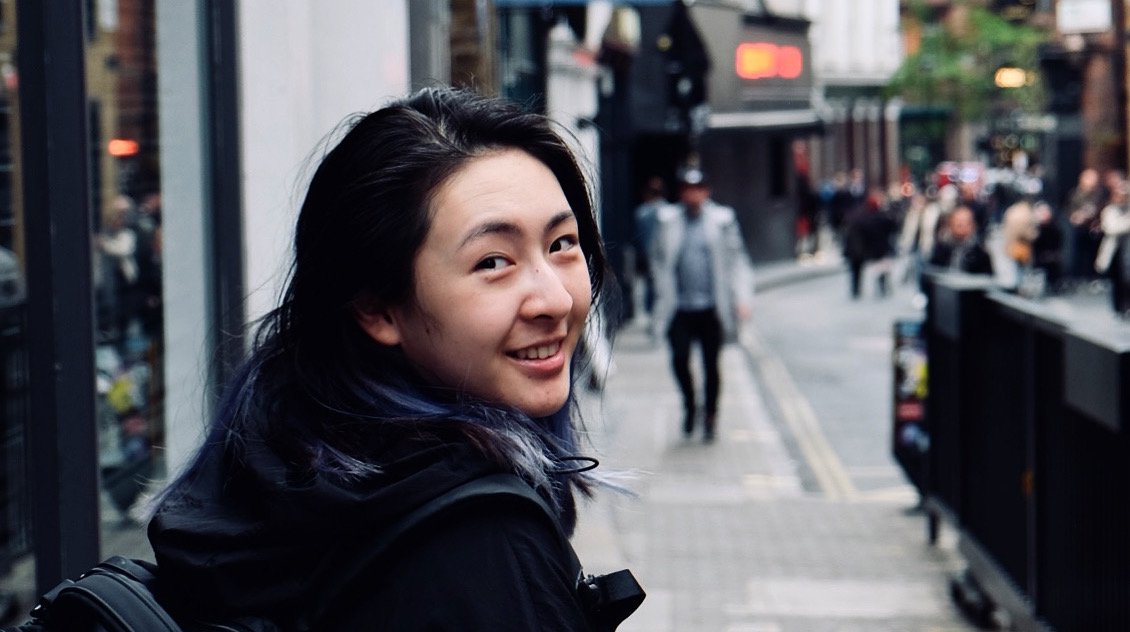Ai Jiang on writing, her upcoming novellas, and Planet Scumm
Interview Conducted by Anna Catalano
Author extraordinare Ai Jiang talked with Planet Scumm’s Anna Catalano about how she got her start, which writers inspire her, and most importantly: how she does it all.
Is there a specific piece of fiction that inspired you to initially venture into writing?
When I was in high school, I read many YA supernatural and paranormal books, and those definitely inspired me to want to write within those same genres. But I read many literary and SFFH classics when I entered undergrad, and I think those were the works that inspired me most when I ventured into writing seriously two and a half years ago.
On average, how long does it take you to draft a short story vs a longer work?
I’m often brewing on short stories for a while in my mind, but the actual writing might only take less than an hour to a few hours depending on the length of the piece. I think the short story that took me the longest to write was 5000 words spread across 2-3 days. In terms of longer work, I’ve only written one novelette so far, and the initial draft of 9000 words took me 3 days. Linghun’s first draft took about a week, and my other novella on submission took perhaps twice that. I haven’t yet finished my first novel, but at the rate I’m writing, I’d say it might take around three months or so of long writing spurts every few days because there always seems to be something else that needs attention!
What was the hardest (or easiest!) piece you've written and why?
Rather than one specific piece, I’d say it’s difficult for me to write sci fi for the most part because I don’t have a scientific background. I often have to rely on made-up science that draws inspiration from current science, so I’m always worried about how authentic it might read because the plausibility of the science I include is quite slim. But then again, with how rapidly the field of science is growing, what seems impossible today may be commonplace in the future.
Follow Ai Jiang on Twitter!
Have you read anything that made you think differently about fiction?
I think there is something I can gain from everything I read in the way that fiction can illuminate aspects of humanity, society, injustice, along with elements of craft and storytelling. Whenever I read writers’ thoughts on fiction, there is often a differentiating stance between writing for entertainment and writing “meaningful” fiction, and whenever I stumble upon these articles, they always cause me to contemplate why I myself write fiction. And I suppose my goal is a mixture of both these goals: to write meaningful fiction that is entertaining.
Do you have any quirks or practices that get you into the rhythm to write?
I’m not sure if this would be called a quirk or practice, but I tend to procrastinate to get into the rhythm to write. As in, I will do all the tasks I could possibly do on my to-do list and exhaust the procrastination possibilities before I dive into working on a WIP. Only then can my brain focus completely on marathoning for the rest of the day.
What (or who) has been the biggest influence for you/your writing journey?
Writers such as Kazuo Ishiguro, Ursula K. Le Guin, Shirley Jackson, Toni Morrison, Khaled Hosseini, Virginia Woolf, among others have definitely been some of my biggest influences, especially when I first began writing. Currently, Odyssey Workshop has really been reshaping the way I think about the writing and prewriting process, and has given me the tools and techniques to bring more coherency into the structure and planning of my writing, allowing me to become more intentional and aware of my execution, and better understand what I am trying to do with my work.
What can Planet Scumm readers look forward to in your upcoming novellas Linghun and I Am AI?
I am a big fan of experimentation, especially when it comes to POV and exploring interesting concepts to illuminate something about our humanity and society, so I’d say that is what Linghun encompasses. Similarly, I Am AI is very concept driven, but it is also a reflection on the vulnerabilities and fragility of humanity, the detriments of technological reliance and replacements, along with toxic productivity.





